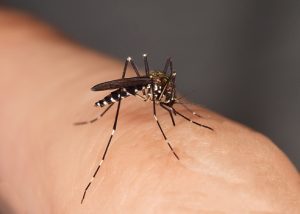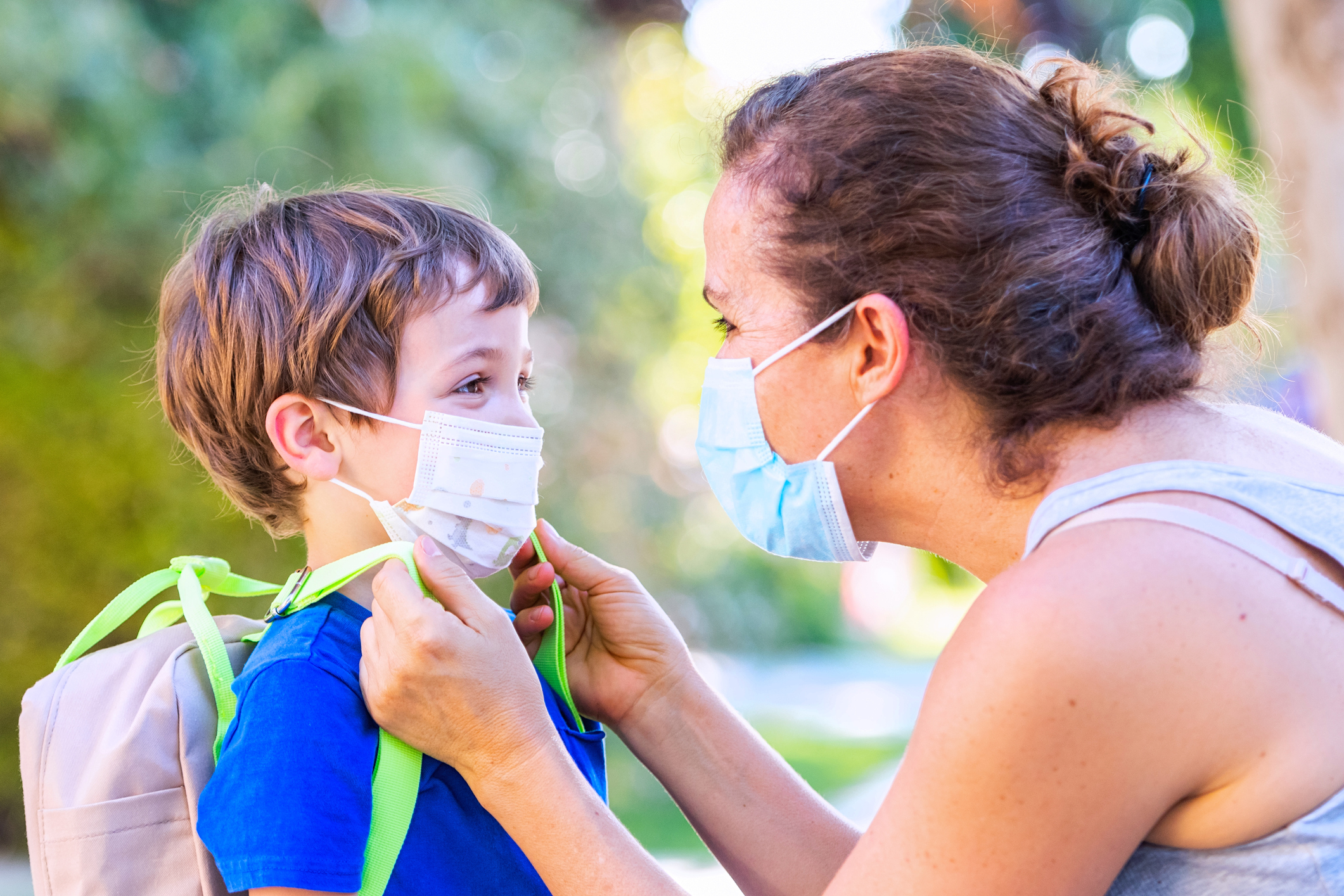Gestational diabetes is the term used to describe a high level of blood sugar that develops in pregnant women who never had diabetes prior to their pregnancy. The exact cause is not certain, but it is thought to be due to the placenta blocking the body’s ability to use insulin, causing the blood sugar level to rise. The body simply can’t manufacture a high enough quantity of insulin to keep blood sugar under control.
Risk factors for gestational diabetes:
• Women over the age of 25 who become pregnant
• Family history of diabetes
• Excess weight before and during pregnancy
• Race and ethnicity (African Americans, Hispanics, Asian and American Indians are at higher risk)
Gestational diabetes usually affects the mother after the 24th week of pregnancy. Babies born to mothers who have gestational diabetes tend to be heavier than babies born to mothers who have well-controlled blood sugar. There is also the chance that women with gestational diabetes will deliver their babies pre-term. Later on in life, these babies may develop diabetes on their own. After the baby is born, the mom’s blood sugar often returns to normal but there is a higher risk of developing type II diabetes later in life.
Treatment for gestational diabetes includes regular daily testing of blood sugar, a rigorous diet, and a regular schedule of exercise. Medication may be necessary to control blood sugar in some cases.
There are a few ways to lower the risk of diabetes. This includes:
• Watch your weight
• Exercise regularly
• Eat a diet of fresh fruits and vegetables
If you are pregnant or thinking of becoming pregnant and would like to schedule an appointment with a doctor at Flushing Hospital, please call 718-670-5486.
All content of this newsletter is intended for general information purposes only and is not intended or implied to be a substitute for professional medical advice, diagnosis or treatment. Please consult a medical professional before adopting any of the suggestions on this page. You must never disregard professional medical advice or delay seeking medical treatment based upon any content of this newsletter. PROMPTLY CONSULT YOUR PHYSICIAN OR CALL 911 IF YOU BELIEVE YOU HAVE A MEDICAL EMERGENCY.










